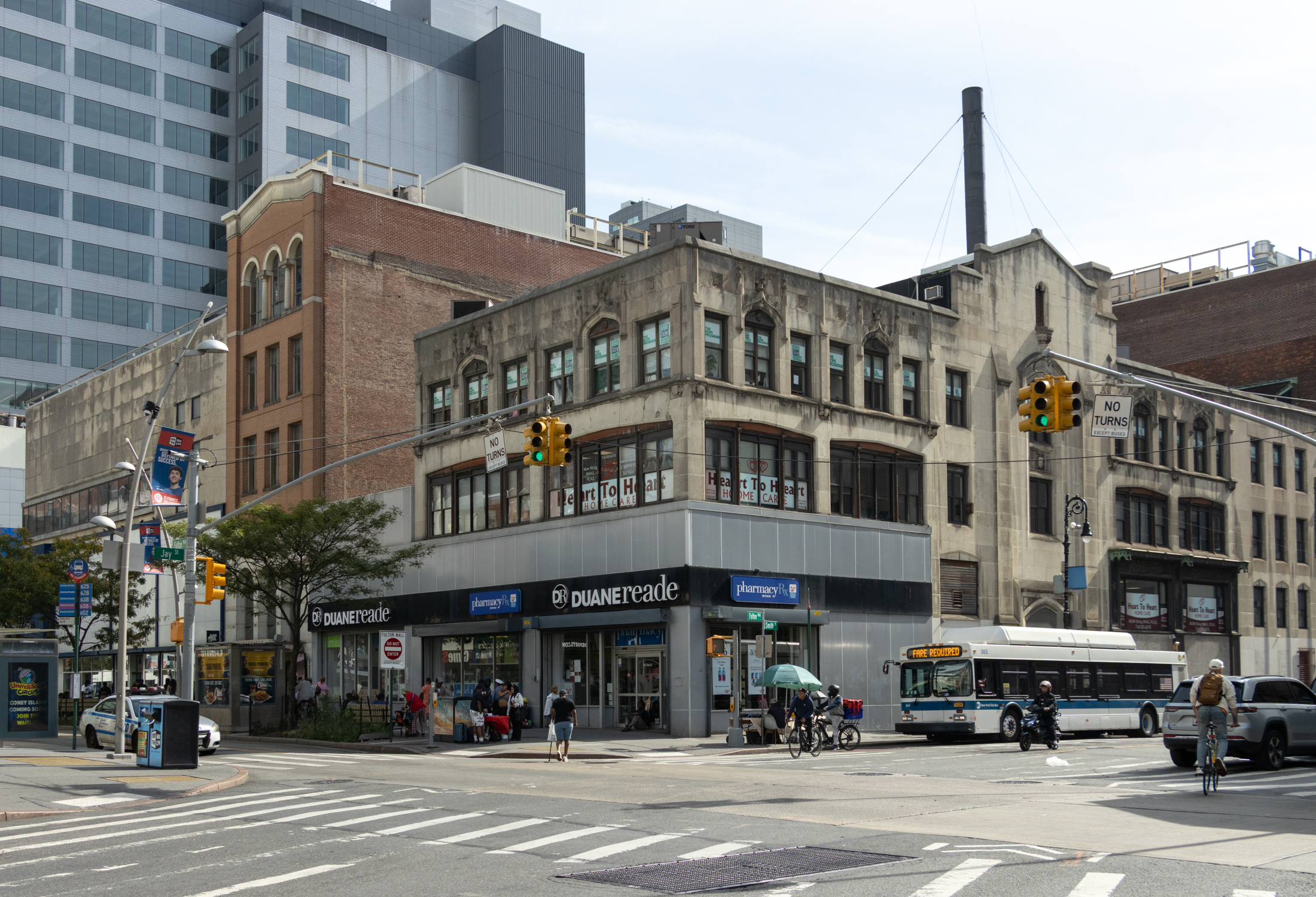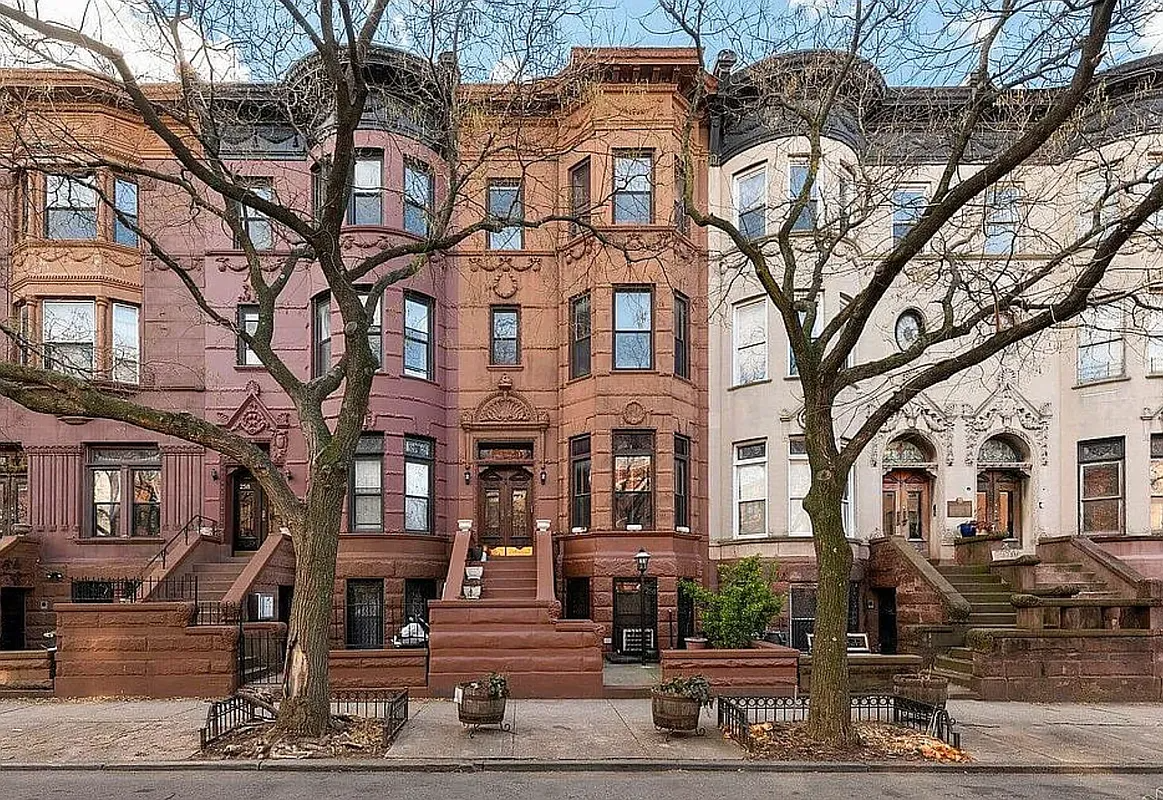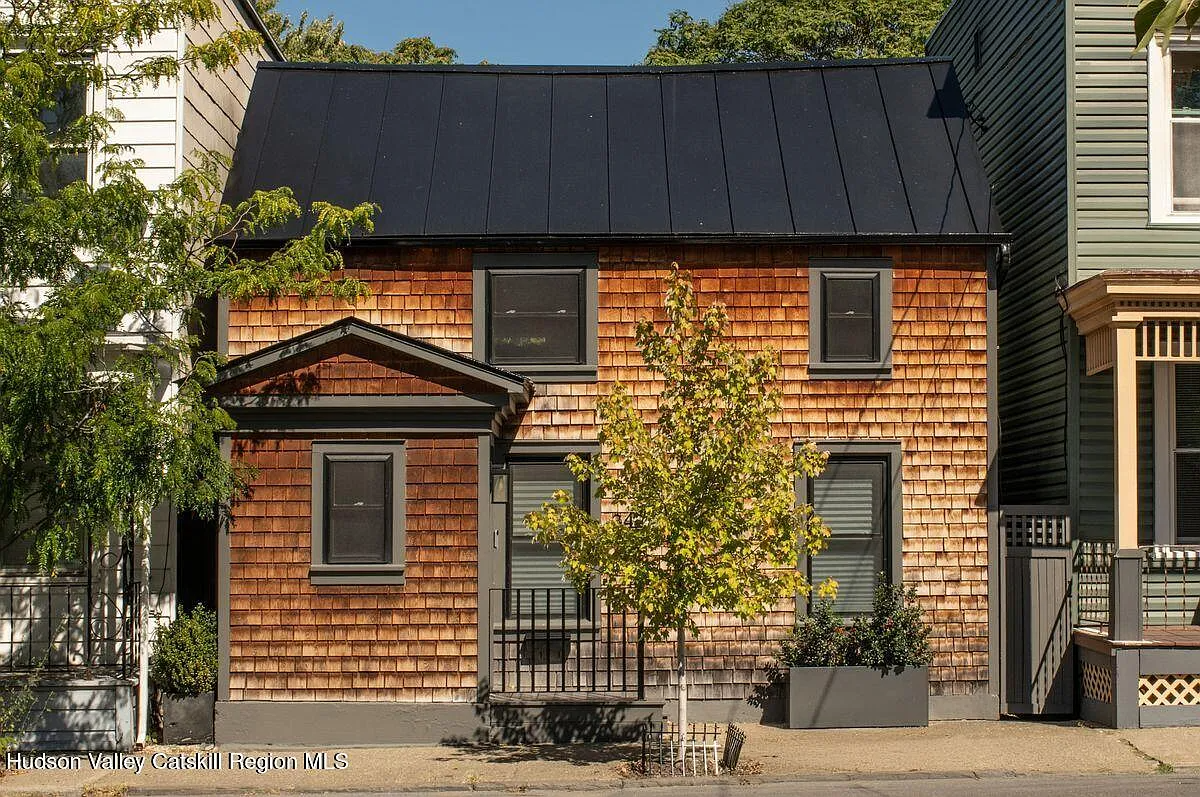Furman Center's State of the City Report: Brooklyn
The Furman Center has just released its State of the City Report for 2008, and there’s some interesting data about how Brooklyn’s residents and housing stock are faring: Housing indicators suggest that the Brooklyn housing market fared relatively well through 2007. In Brooklyn, the only housing type to experience a drop in prices in 2007…


The Furman Center has just released its State of the City Report for 2008, and there’s some interesting data about how Brooklyn’s residents and housing stock are faring:
Housing indicators suggest that the Brooklyn housing market fared relatively well through 2007. In Brooklyn, the only housing type to experience a drop in prices in 2007 was 24 family buildings. Brooklyn has the City’s second most expensive single-family housing stock. Brooklyn was one of only two boroughs to see a rise in new residential building permits in 2007. Home ownership in Brooklyn declined slightly from 32.3% in 2006 to 30.6% in 2007.
Despite its resilience in 2007, Brooklyn may not be immune to the effects of the housing market downturn in the coming years. Lending and foreclosure trends in Brooklyn are much the same as in the rest of the City: the borough experienced declines in all lending activities and increases in notices of foreclosure. Brooklyn had the second highest foreclosure rate of all the boroughs, with 22.4 notices of foreclosure per 1,000 14 family properties in 2007. Brooklyn also had the second highest rate of serious housing code violations: 61.4 per 1,000 rental units.
Here’s one interesting tibit we picked up: Only 17 percent of the housing stock in Greenpoint and Williamsburg is owner-occupied while in Fort Greene and Brooklyn Heights it’s more than 40 percent. Lots of other stats in the Brooklyn section of the report.





Benson:
Shiller’s data does not show real estate prices tracking “income”. Long run, prices don’t exceed inflation (because if run higher than replacement cost, supply starts to increase and bring them down again).
In growing economies, income goes up faster than inflation (well, not for middle income Americans in the last generation, but in more successful economies).
And the key problem in NYC is NOT the recession. The key problem is the bubble that preceded the recession. We need a massive price drop to get back to equilibrium if there are NO job losses.
The Japanese had a similar sized bubble and when it popped prices went down far more than 50%.
11217: Wall Street’s recent profits, and pay, are unprecedented. Finance rose from 10% of the economy to 30% in barely a decade. It may come back, but it’s not because it “always does”: we’ve never been here before.
Sure thing,etson.
Who needs pro sport when you have Team bear vs. Team Bull on Brownstoner.
Sorry Benson, had not seen your last post when I posted mine..
Finance Guy’s point about the index being inflation adjusted is huge. Had not realized that.
Finance Guy;
WOW!!! You are correct – I didn’t realize that the index was corrected for inflation. Big time mistake on my part!!!
Well, it looks like this has gone from a victory for Team Bull to a rout……
😉
See, my ego isn’t that big.
Thanks again, Finance Guy!
11217 — NY’s economy is likely to “recover”.
But NY real estate prices are unlikely to “recover,” because “recovery” implies that they were correct before and are wrong now.
The reality is that they were (and are) completely irrational. So “recovery” means that they will drop dramatically.
In a market economy, the equilibrium price of a commodity should be equal to (1) the marginal cost to produce it (i.e., the cheapest of the cost of construction or conversion) and (2) the marginal cost of alternatives (i.e., renting) and (3) for investments, the risk-adjusted future value of the income that can be earned from it (i.e., rents, or for owner occupied housing, implicit rents).
Each of those measures suggests that NY real estate prices are roughly double equilibrium values.
Will always be happy to shake your hand Benson.
Just running out to catch the Watchmen matinee though so will check back in later on.
very sensible post from FinanceGuy – not because we are on the same side, but because he has set out a rational framework on which to base his view on.
The Chicken;
OK, I’m going to try to pull together the various points that have just been made, as follows:
-let’s stick to NYC real estate,if you agree. There is no such thing as a national RE market. All RE is local.
-tying in 11217’s most recent point: the situation in NYC is NOT like that of Miami or Phoenix. We do NOT have an oversupply situation here, and I think this point is lost on many members of Team Bear. Whether the new buildings on 4th Ave stay condo or go rental is irrelevant to the discussion, because they are still occupied. During the peak of the recent boom, 40,000 new units of housing were being built in the city, NYC has 3,000,000 units of housing. A build of about 1.3% per year is not alot of inventory, and it is being absorbed.
-what we do have here in NYC is a bad economy, and it will affect RE prices, no doubt about it. As I’m sure you are aware, RE prices directly track income levels.
So, to your question as to what it would take to convince me, my answer is simple: show me a scenario in which a large city’s RE estate prices tanked 50% due to a severe economic contraction. It’s never happened,I believe.
In fact,I’ll again cite the most recent case in which a city’s economy was flushed down the toilet: Houston in the 1980’s. At that time, oil prices went through a long,sustained collpase. Houston is basically a one-industry town, and that industry is oil/energy. From what I’ve read,prices in Houston went down 25%. I cannot see how a city with a diversified economy like NYC is going to see a 50% drop in RE, when a smaller one-industry city like Houston only went down 25%.
Handshake???